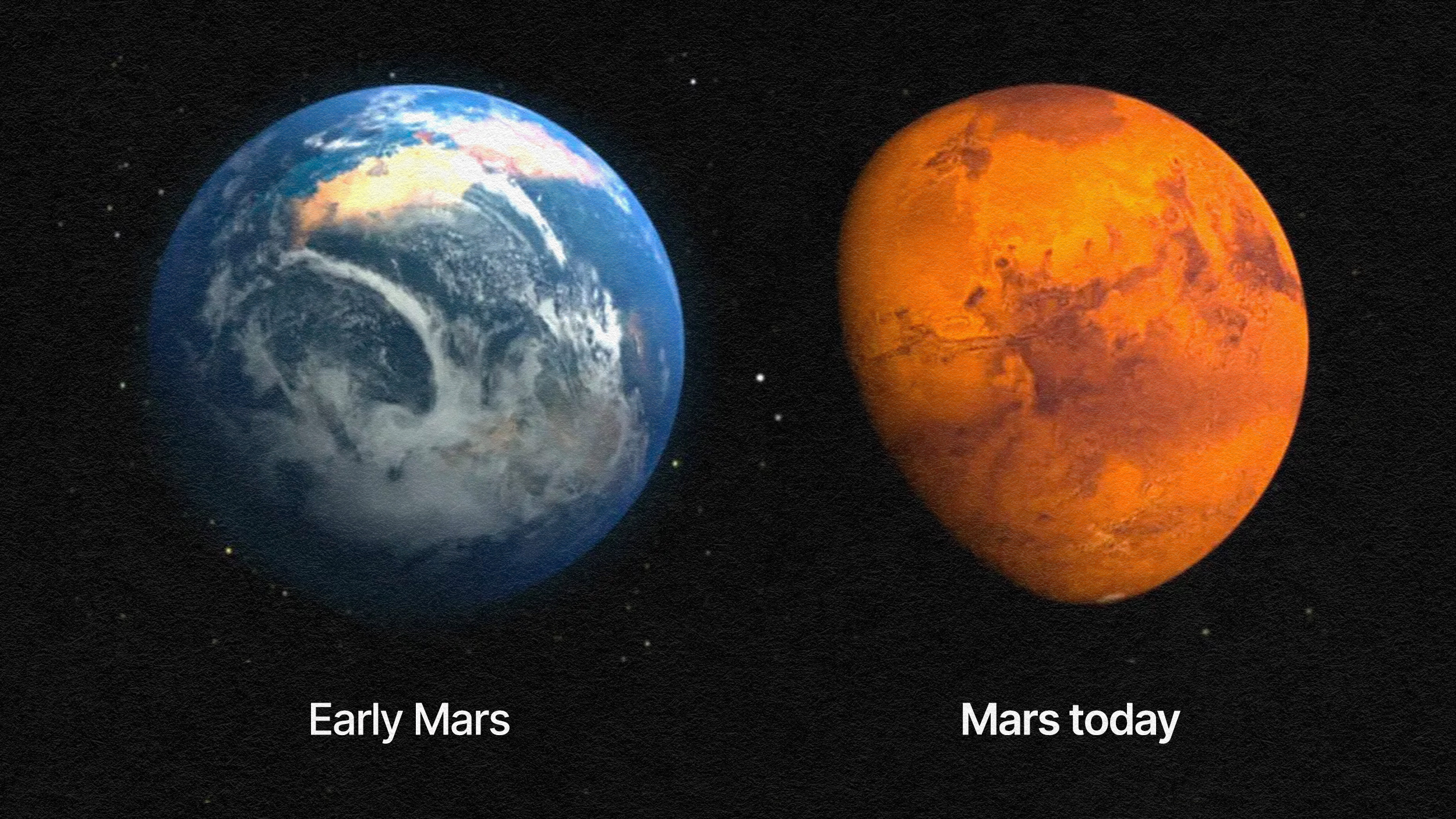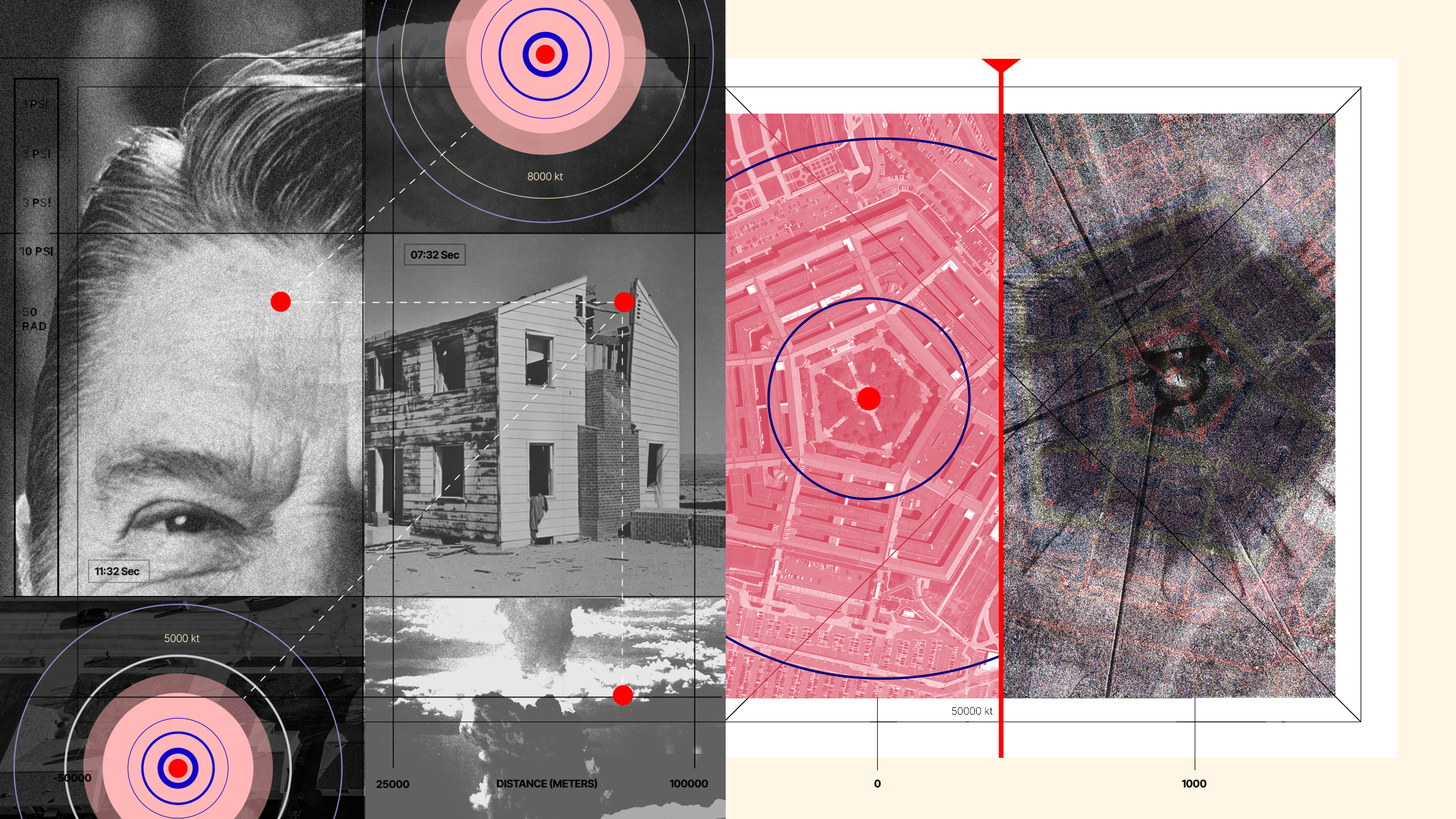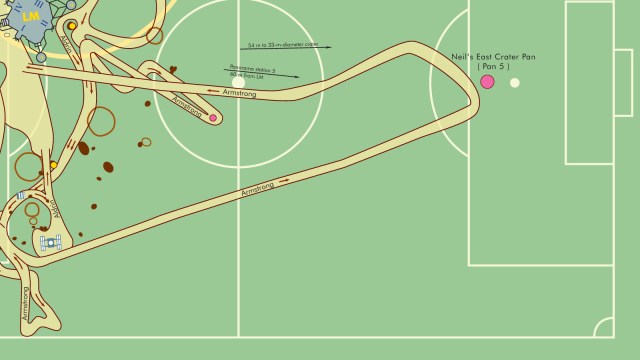266 – Where News Breaks
As any journalist knows, news has to be about people – they either make it, or are affected by it. No people, no news. It therefore stands to reason that heavily populated areas of the US, like California or the Northeast, generate most of the news stories. But even allowing for population, some locations account for a disproportionately high number of news items.
Researchers extracted the dateline from about 72,000 wire-service news stories from 1994 to 1998 and modified a standard map of the Lower 48 US states (above) to show the size of the states in proportion to the frequency of their appearance in those datelines (below). Some notable results:
* Washington DC accounts for a huge proportion of the news stories – not surprising, since it is the nation’s capital, and the home of Congress, the Presidency and other political news generating institutions. But still: DC (pop. 600,000; metro area 5.8 million) generates more news than the most populous state, California (pop. 36.5 million).
* New York is the largest news provider of the country, of course nearly all originating in New York City (pop. 8.2 million; metro area 18.8 million). Compare this to Illinois, home of the the nation’s third largest city, Chicago (pop. 2.8 million; metro area 9.5 million). Especially when considering metropolitan areas, Chicago/Illinois should be half the ‘news size’ of New York City/New York, while in fact it seems to be less than one fifth. Could this underrepresentation be down to another ‘capital effect’ (i.e. New York being the ‘cultural capital’ of the US)?
* News stories from Texas (pop. 20.8 million) seem overly scarce, especially when compared to, say, Georgia (pop. 8.2 million), which seems to get a bigger share. Could this be due to the fact that major news organization CNN is headquartered in Atlanta?
* The Dakotas, Nebraska, Kansas, Montana, Wyoming and Idaho, with a combined population of under 9 million, are all but invisible. No people, no news? Colorado alone, with a population of under 4.5 million, is responsible for a much larger chunk of news than those states combined. Could this be because the other states lack large cities, while Colorado has Denver (pop. 600,000; metro area 2.5 million)? No cities, no news?
This cartogram, originally from the August 2004 issue of Science News magazine, where it illustrated an article entitled ‘A Better Distorted View: The Physics of Diffusion Offers A New Way of Generating Maps’. Many thanks to Christian Schumann-Curtis, who sent it in.






